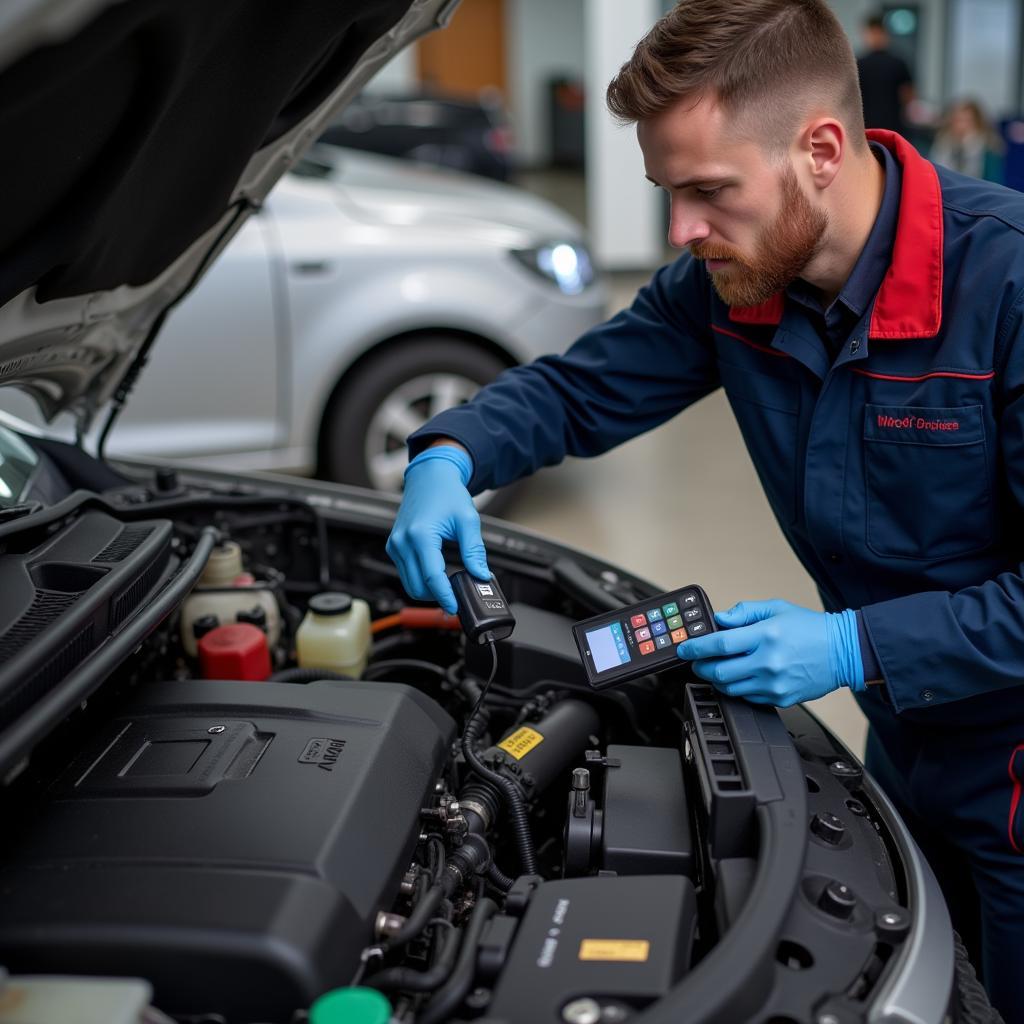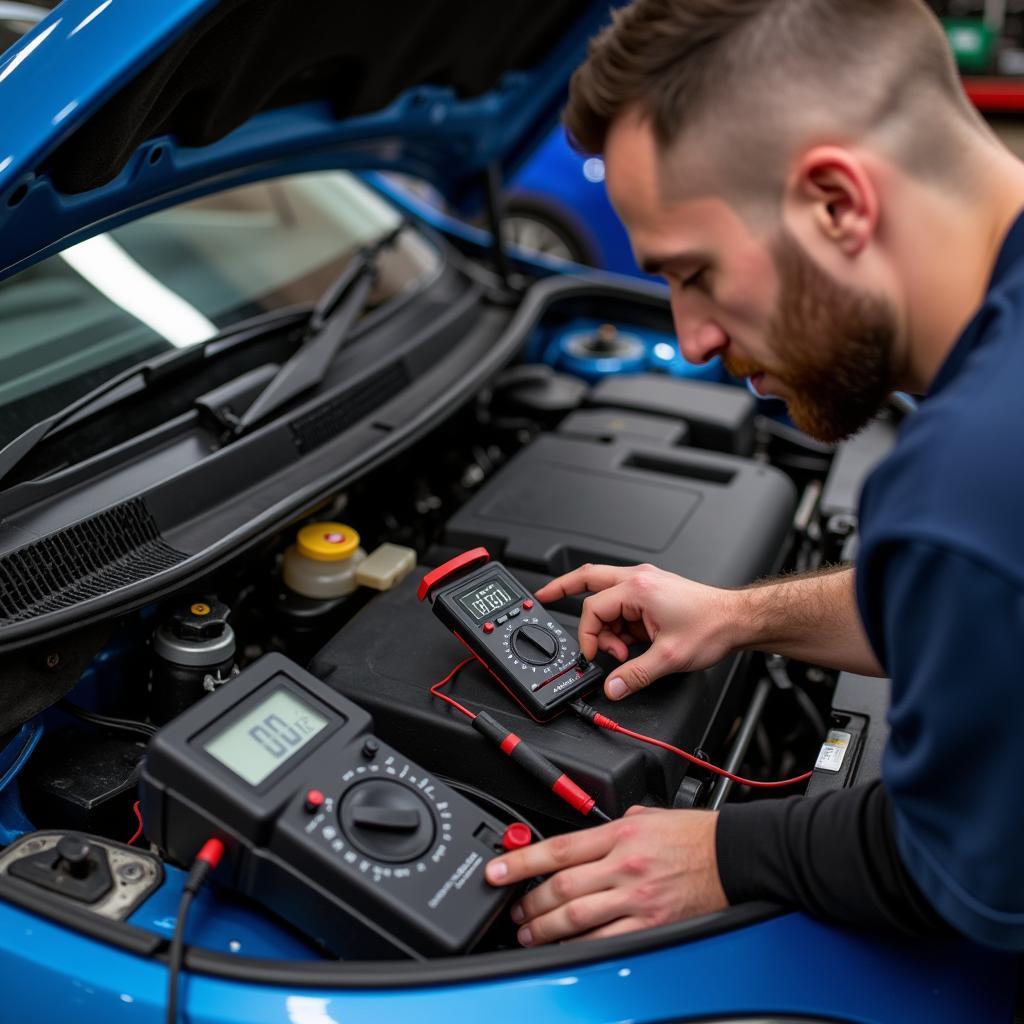Do You Need to Get Your Car Serviced?
Owning a car comes with responsibilities, and regular servicing is one of the most important. “Do You Need To Get Your Car Serviced?” isn’t just a question, it’s a crucial consideration for every car owner who prioritizes safety, performance, and longevity. Ignoring your car’s service needs can lead to costly repairs down the line and even jeopardize your safety on the road.
Understanding the Importance of Regular Car Servicing
Think of your car as a well-oiled machine, with various components working together to keep you moving. Regular servicing ensures these components stay in top condition, preventing wear and tear that could lead to malfunctions or breakdowns. Here’s why “do you need to get your car serviced?” should always be a resounding “yes”:
- Safety First: Regular checks on brakes, tires, lights, and other crucial safety systems can prevent accidents and keep you safe on the road.
- Enhanced Performance: A well-maintained car performs better, offering smoother handling, better fuel efficiency, and optimal engine power.
- Increased Lifespan: Regular servicing can significantly extend the life of your car, saving you money on costly replacements and premature aging of parts.
- Warranty Protection: Many manufacturers require regular servicing to maintain the validity of your car’s warranty.
- Higher Resale Value: A car with a well-documented service history is more appealing to potential buyers, fetching a higher price in the used car market.
How Often Do You Need to Get Your Car Serviced?
While the classic advice of “every 3,000 miles or 3 months” holds some truth, modern cars often have more flexible service intervals. The best guide is your car’s owner’s manual, which outlines the manufacturer’s recommended service schedule based on your specific make and model. Generally, you can expect the following:
- Oil Change: Every 3,000-5,000 miles for conventional oil, or 7,500-10,000 miles for synthetic oil.
- Tire Rotation: Every 5,000-7,500 miles to ensure even tire wear and prolong tire life.
- Brake Inspection: At least once a year, or more frequently if you notice any squeaking, grinding, or changes in brake responsiveness.
- Fluid Checks: Regularly check and top up essential fluids like coolant, brake fluid, power steering fluid, and windshield washer fluid.
 Mechanic Checking Engine
Mechanic Checking Engine
Recognizing the Signs: When Your Car Needs a Service
Beyond the recommended service intervals, your car will often give you telltale signs that it’s time for a checkup. Pay attention to these warning flags:
- Unusual Noises: Any new squeaks, rattles, grinding, or clunking sounds could indicate a problem that needs attention.
- Warning Lights: Never ignore warning lights on your dashboard, such as the check engine light, oil pressure light, or brake warning light.
- Fluid Leaks: Puddles of fluid under your car could signal a leak in your oil, coolant, brake fluid, or transmission fluid.
- Performance Issues: Rough idling, decreased fuel efficiency, difficulty starting, or a loss of power are all signs that something might be wrong.
Don’t Delay, Schedule Your Car Service Today
If you’re asking yourself, “Do you have to get your car serviced?”, the answer is a resounding YES! Regular servicing is an investment in your safety, your car’s performance, and your wallet in the long run.
For more information on what a car service covers, check out what does car service cover. If you’re looking for reliable Suzuki car service, we’ve got you covered. Learn more here: where to get suzuki car service.
Remember, addressing minor issues early on can prevent them from escalating into major, costly repairs. So, don’t wait for a breakdown, schedule your car service today.

